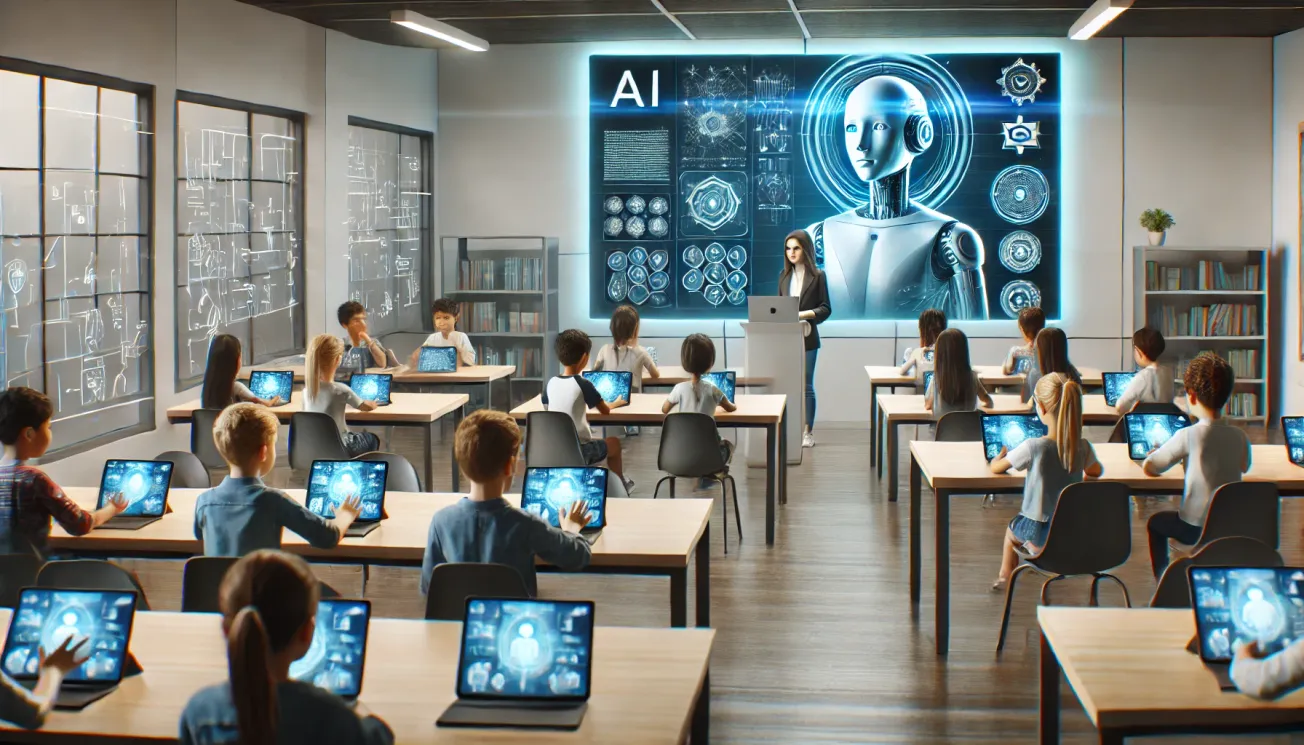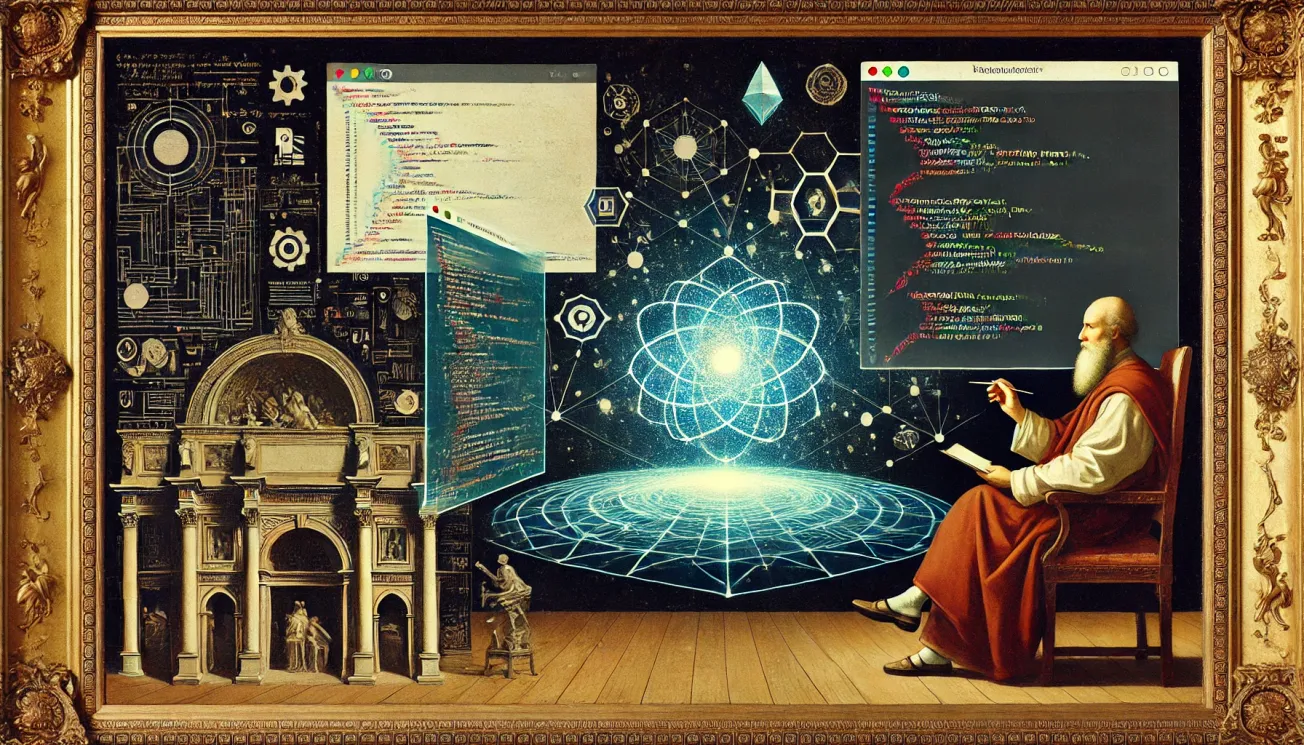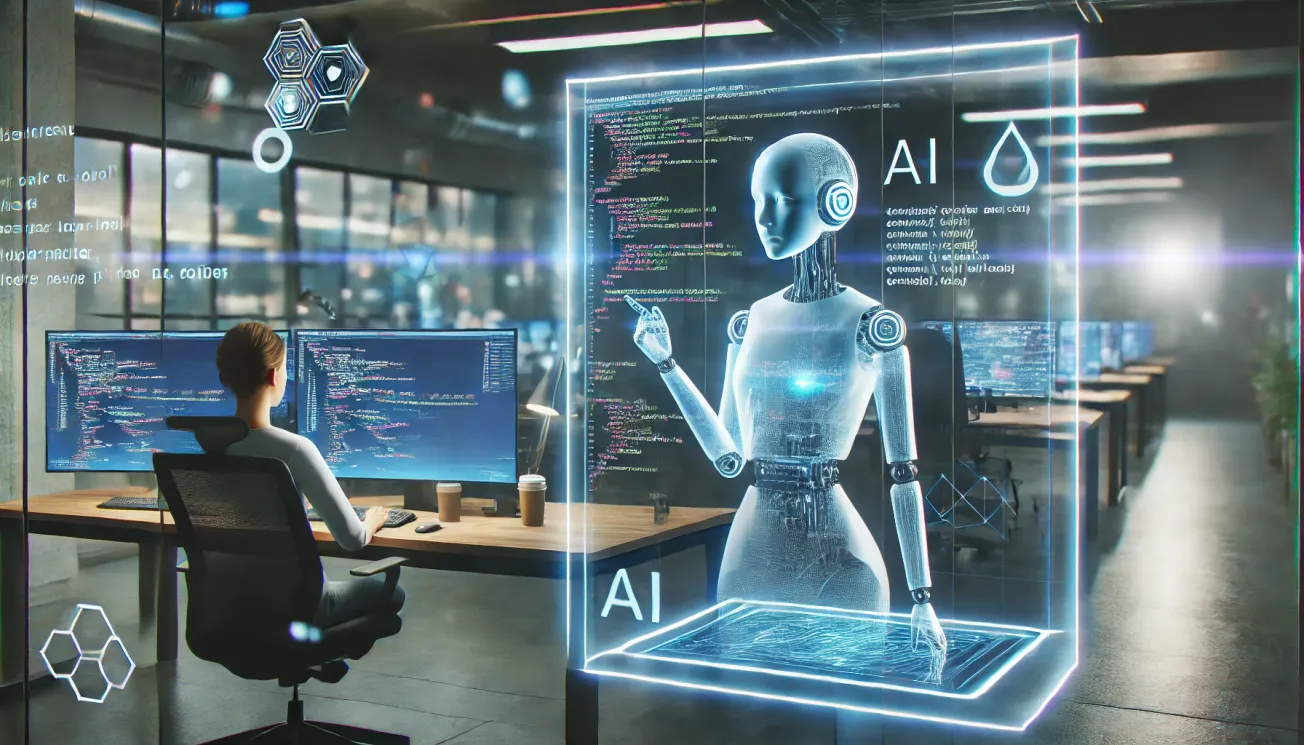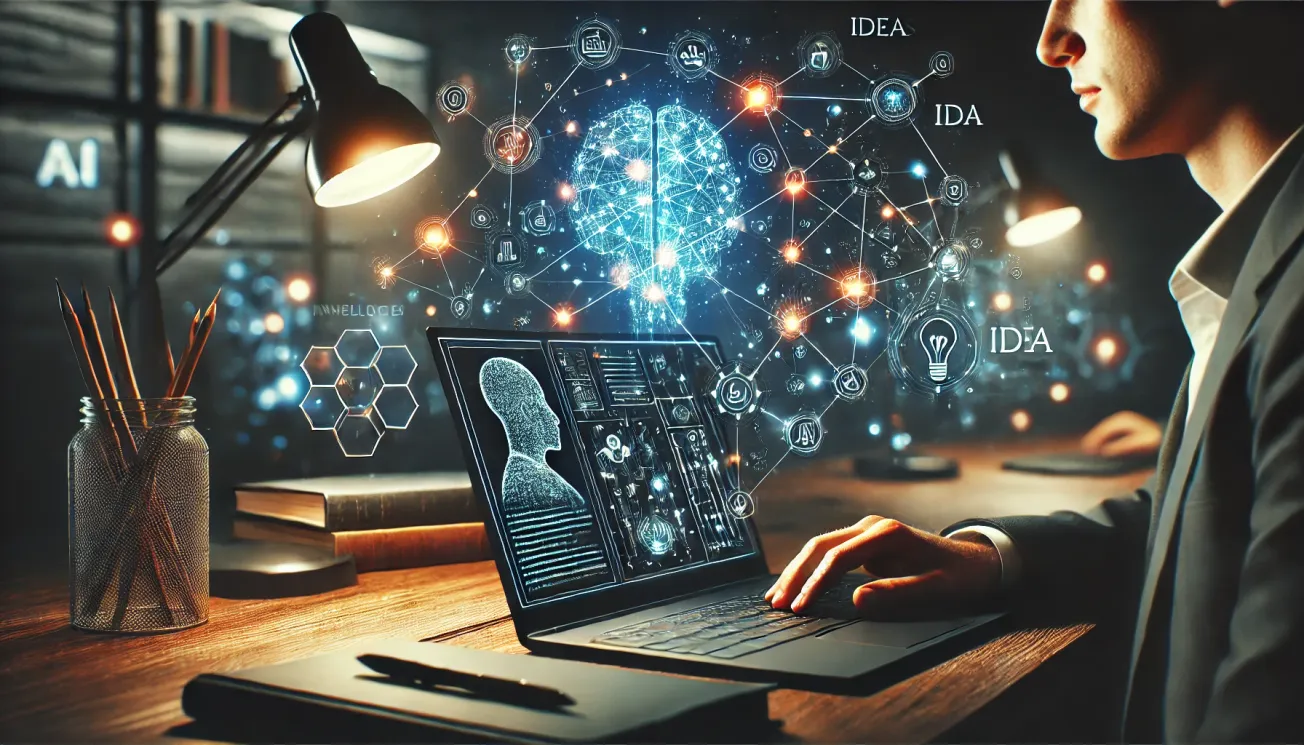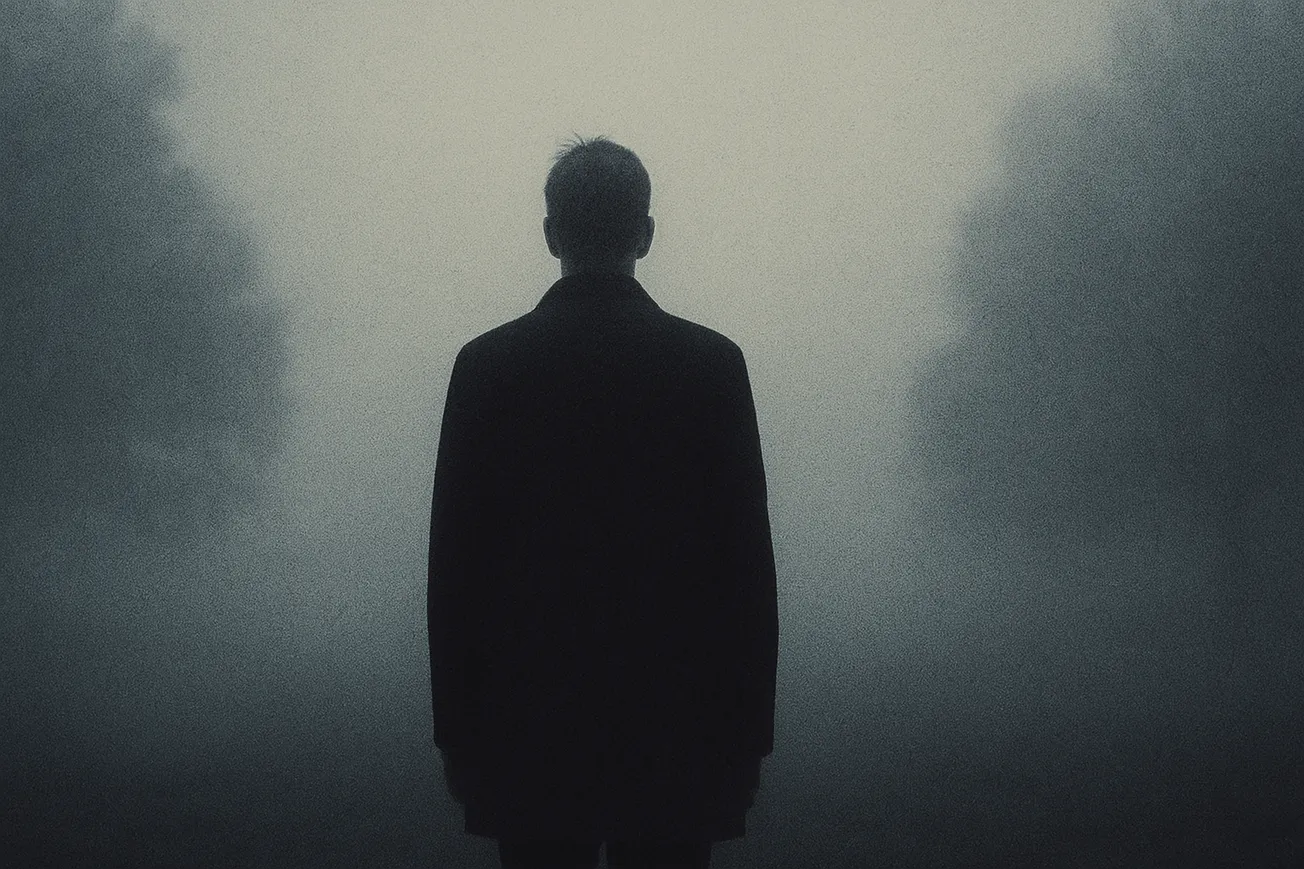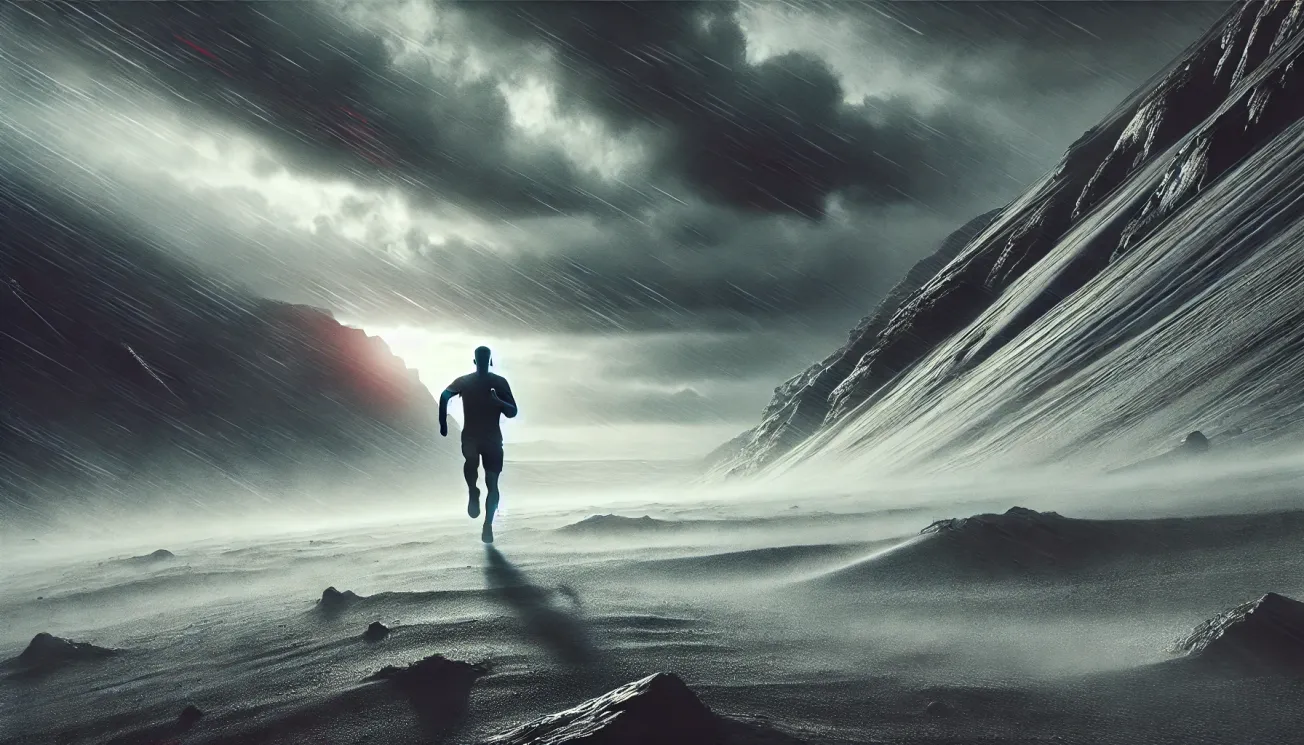Imagine this: you sit down at your desk, coffee in hand, but instead of tackling spreadsheets or emails, your job today is to oversee an AI system performing complex surgeries thousands of miles away—or perhaps you're tasked with ensuring a self-driving transportation fleet navigates the city safely. Welcome to your future role in the emerging world of AI oversight.
We’ve reached an ironic crossroads: as artificial intelligence becomes smarter and more autonomous, human roles aren’t diminishing—they’re evolving. Increasingly, humans are shifting from creators and direct operators of technology to strategic overseers, tasked with guiding AI toward ethical, safe, and beneficial outcomes. Call it a promotion—part supervisor, part ethicist, part philosopher—but it’s a shift we cannot ignore.
From Coders to Ethical Guardians
Why is human oversight more crucial now than ever before? It's simple: nuance. Despite remarkable advancements, AI lacks our moral intuition and ethical judgment. Consider healthcare, where AI diagnoses diseases faster than humans. Yet the subtlety of empathy, ethical judgment on patient treatment, or explaining life-altering decisions to families still demands human oversight.
Your future role will likely include responsibilities such as:
- Ethical Supervisor: Ensuring AI aligns with human values and fairness, preventing biases, and safeguarding human rights.
- Strategic Director: Choosing problems for AI to solve, defining goals, and guiding outcomes.
- Risk Manager: Identifying, assessing, and mitigating unintended consequences of AI systems.
- Mediator and Explainer: Bridging the gap between complex AI decisions and human stakeholders, maintaining transparency and trust.
The Oversight Paradox: Greater Automation, Greater Human Responsibility
The paradox of AI oversight is compelling: as AI automates more tasks, human oversight doesn't decrease; it becomes increasingly critical and nuanced. For example, self-driving cars will eliminate mundane driving tasks, but who will decide ethical dilemmas—like prioritizing passenger safety versus pedestrian risk? That’s right—humans.
As AI permeates more deeply into our daily lives, humans must evolve into sophisticated supervisors capable of anticipating ethical complexities and societal impacts, not merely responding to them after they occur.
Future-Proofing Your Career: Emerging Roles in AI Oversight
We're already seeing specialized oversight positions arise, such as:
- AI Ethicists: Specialists focused exclusively on fairness, accountability, and transparency.
- Algorithmic Auditors: Professionals trained to examine, certify, and monitor algorithms for bias or unintended consequences.
- AI Accountability Advocates: Experts who hold organizations responsible for ethically deploying AI technologies.
- Human-AI Interaction Designers: Specialists who design seamless collaboration between AI systems and human overseers.
Universities, companies, and governments will soon pivot significantly, offering educational paths and certifications specifically tailored for AI oversight roles.
A Human Story: Meet the Future Overseer
To visualize this future clearly, meet Emma. Emma spent years as a medical professional before pivoting into AI oversight. Her mornings now begin with reviewing AI-generated treatment plans for critically ill patients. She doesn't tweak code or algorithms; she assesses recommendations for ethical clarity, patient empathy, and societal impact—ensuring AI remains humanity’s trusted partner rather than an unchecked authority.
Emma’s role is yours tomorrow. Are you ready?
A Call for Conscious Action
Human oversight isn't just practical; it's essential for a thriving future. By proactively embracing this evolving role, we ensure artificial intelligence serves humanity rather than defines it.
The future isn't about humans versus AI—it's about humans overseeing AI, consciously and compassionately.



